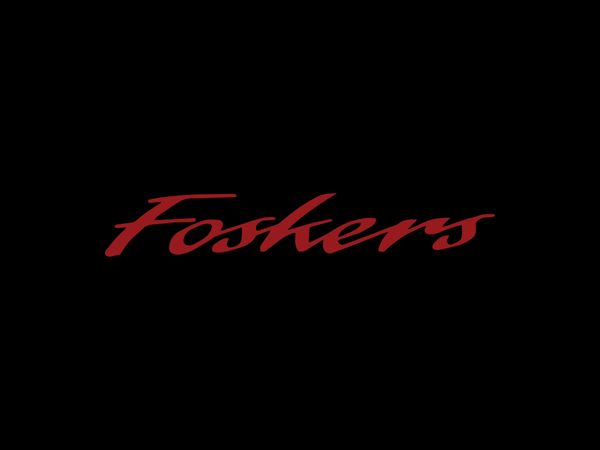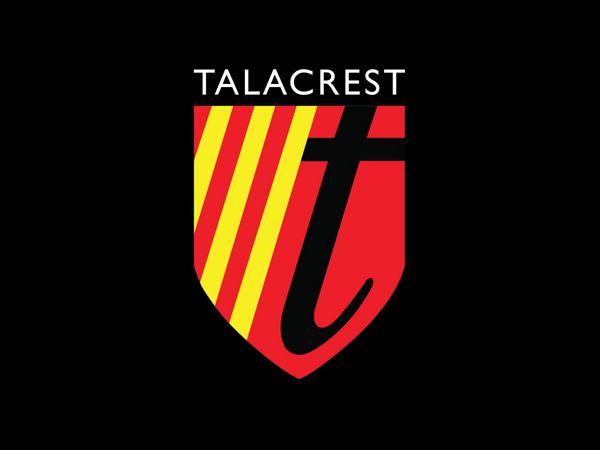1949 Talbot-Lago T26 Grand Sport Cabriolet - Coachwork by Dubos, design by Carlo Delaisse
Estimate: US$2,000,000 - US$3,000,000
Car no. 110117
Chassis no. 116
Engine no. 115
"P" - Special formalities are required to bid on this lot. Contact Client Services at +1 (323) 850 7500 or bids.us@bonhams.com at least 48 hours in advance of the auction for registration and bidding options.
4,482cc OHV Inline 6-Cylinder Engine
3 Zenith Stromberg Carburetors
190bhp at 4,200rpm
4-Speed Pre-Selector Transmission
Front Independent Suspension – Live Rear Axle
4-Wheel Drum Brakes
*One of only 3 short chassis Talbot-Lago T26 Grand Sport Cabriolets to survive
*Exquisitely detailed and refined coachbuilt design by Carlo Delaisse
*Formerly owned by noted collectors Anthony Bamford, Lindley Locke and André Surmain
*Possibly the last significant Talbot-Lago to remain in largely unrestored condition
*An unrepeatable opportunity as a basis for a concours restoration
TALBOT-LAGO GRAND SPORT 1948-1952
by Author Peter Larsen
When the chassis design for the Grand Sport was laid down in the late war years, it was Anthony Lago's intention to produce a very exclusive road-going sports chassis for the carriage trade. A chassis, which in its conception, feel, and driveability, was as close as technically possible to Lago's Grand Prix cars. In that sense, it was not a new design: the layout and mechanical details from the pre-war GP cars were retained. This means that the Grand Sport was a true red-blooded sports car rather than a grand routiére like a Delahaye or a Delage. The target group was a wealthy and very sporting clientele which on the one hand wanted a very fast daily driver and on the other would not be averse to entering various racing and rally events as a privateer.
In retrospect, it is clear that even if the target group may have been there, the market certainly was not. But market research, customer clinics, and scientifically targeted product development would have been totally alien concepts to a man like Anthony Lago. His thinking was much simpler: "I have developed, proved, and honed my chassis and engines in grueling competition since before the war. I am now offering you a perfected road car chassis which has much of the power, road holding, and strength of my Grand Prix racing machines. Surely you must covet that and buy it!" Lago was flying by the seat of his pants and this time his intuition failed him. For that we should all be thankful. Had he been "smarter" and taken a cooler and more distanced look at the new and austere world surrounding him in 1946, the T26 Grand Sport would never have been created.
The bare chassis made its debut at the Paris Salon in October 1947 and the first bodied cars were shown at the Salon in 1948. As it turned out, production was to be extremely limited. In four years, from 1948 to 1952, a total of 32 documented chassis were produced by Talbot. 29 on the original short 2.65-meter wheelbase and three towards the end on a stretched 2.80-meter wheelbase. They were bodied by the cream of French coachbuilding. Saoutchik was the most prolific, but Grand Sports were also bodied by Chapron, Franay, Figoni, Dubos, Antem, and others. Exported chassis were bodied by Pennock, Van den Plas, Graber, and Stabilimenti Farina.
Some Grand Sports turned out to be quite competitive and were rallied and raced enthusiastically by their owners—and still are in historic racing today. Others were laden down considerably with voluptuous bodies. These extravagant creations blunted performance somewhat, but more than compensated for that with their wanton beauty. These latter Grand Sports were entered avidly by owners and carrossiers in many of the postwar concours d'elegance in France and abroad, often winning grand prizes for their refinement and sophistication. Today, they still do when they are shown. They look like nothing else. They are unique. They draw crowds. And deservedly so.
THE QUAIL AUCTION
18 August 2023, 11:00 PDT
Carmel, Quail Lodge & Golf Club
Click here to read more on the Bonhams website
























